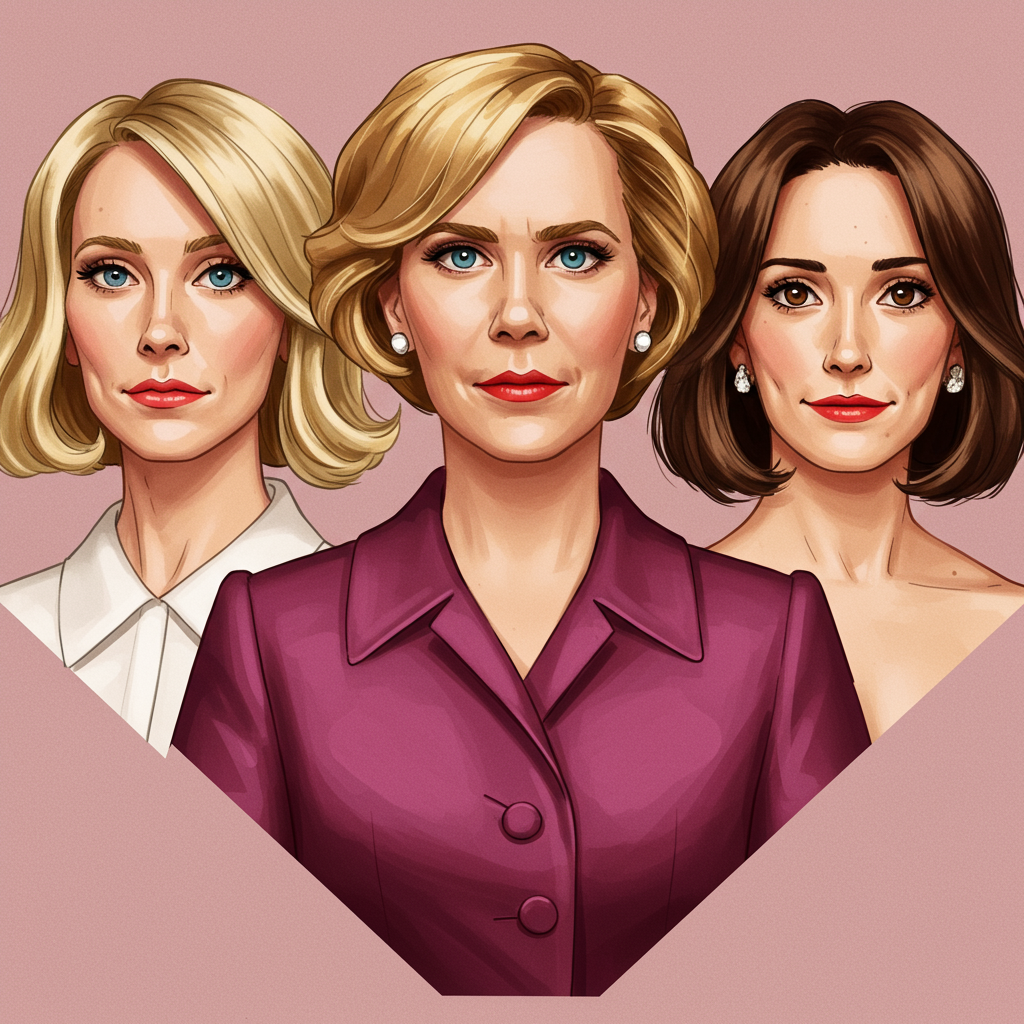A beloved comedy that redefined the R-rated genre and became a cultural touchstone has received a significant critical nod, landing a spot on a major list of the best films of the 21st century. Paul Feig’s highly successful 2011 movie, Bridesmaids, starring Kristen Wiig, Maya Rudolph, Rose Byrne, and Melissa McCarthy, was recently ranked number 32 on The New York Times’ extensive list of the top 100 movies released since January 1, 2000.
This prestigious recognition comes from a substantial poll orchestrated by the NYT, which surveyed over 500 influential directors, actors, and other film industry professionals from around the globe. Participants cast their votes for their personal favorite films from the specified period to help determine which cinematic works have truly demonstrated lasting significance and artistic merit in the new millennium.
Why Bridesmaids Stands Out on the List
While countless acclaimed films spanning various genres made the cut – from critically lauded dramas and innovative documentaries to groundbreaking blockbusters – Bridesmaids‘ inclusion is particularly notable. Among the top 100 films of the century as chosen by this panel of experts, Bridesmaids stands out as the only movie primarily centered around a wedding and its related events.
The 21st century has certainly seen its share of successful romantic comedies and films involving nuptials, such as My Big Fat Greek Wedding or Wedding Crashers. However, classics often associated with the “wedding movie” genre, like My Best Friend’s Wedding or Four Weddings and a Funeral, belong to the 20th century. Bridesmaids carves out a unique space as the modern wedding-themed film to achieve this specific level of broad critical recognition on a general “best of the century” list compiled by industry peers.
More Than Just Laughs: The Film’s Enduring Appeal
Bridesmaids follows Annie (Kristen Wiig), whose life is unraveling as she navigates the chaotic and often humiliating lead-up to her best friend Lillian’s (Maya Rudolph) wedding, complicated by her rivalry with fellow bridesmaid Helen (Rose Byrne). The film is celebrated for its sharp writing, breakout comedic performances (earning Melissa McCarthy an Oscar nomination), and memorable set pieces, from a disastrous dress fitting to a chaotic bachelorette party attempt.
However, according to The New York Times’ justification for its inclusion, the film’s merit extends beyond its significant comedic impact. The NYT description cited the Paul Feig-directed film as “deeply felt,” highlighting its emotional depth and relatability. The review specifically noted how the movie portrays Annie as a complex character struggling with jealousy and insecurity, describing her as “unable to get out of her own way.” This depiction of genuine, albeit sometimes exaggerated, human struggles alongside laugh-out-loud humor is credited with contributing to the film’s lasting power and critical appreciation, proving it resonated with voters on an emotional level as well as a comedic one.
Its placement at number 32 on a list featuring a diverse range of cinematic masterpieces from around the world underscores Bridesmaids‘ unexpected yet undeniable impact and its surprising position as a defining film of the 21st century.
References
- www.yahoo.com
- www.nytimes.com
- www.indiewire.com
- <a href="https://www.yardbarker.com/entertainment/articles/the21bestromanticmoviesofthe21stcenturysofar/s1__38495381″>www.yardbarker.com
- www.buzzfeed.com



